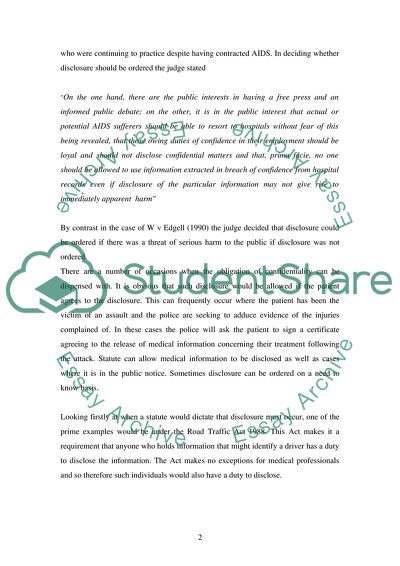Cite this document
(The Law on Confidentiality between a GP and His Patient Case Study - 1, n.d.)
The Law on Confidentiality between a GP and His Patient Case Study - 1. Retrieved from https://studentshare.org/law/1712463-medical-law
The Law on Confidentiality between a GP and His Patient Case Study - 1. Retrieved from https://studentshare.org/law/1712463-medical-law
(The Law on Confidentiality Between a GP and His Patient Case Study - 1)
The Law on Confidentiality Between a GP and His Patient Case Study - 1. https://studentshare.org/law/1712463-medical-law.
The Law on Confidentiality Between a GP and His Patient Case Study - 1. https://studentshare.org/law/1712463-medical-law.
“The Law on Confidentiality Between a GP and His Patient Case Study - 1”. https://studentshare.org/law/1712463-medical-law.


